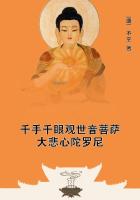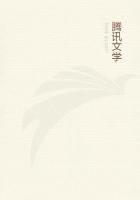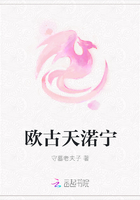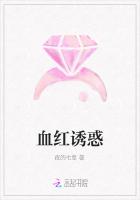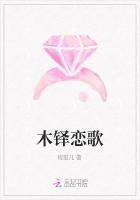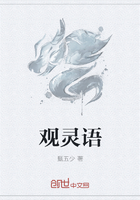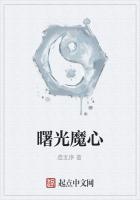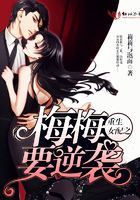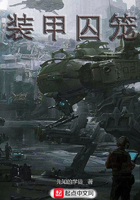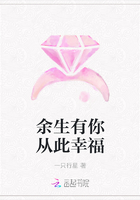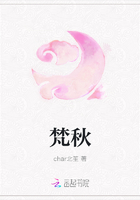It takes a life-time to learn how to act or how to write a good novel. And it takes a great deal of training on the part of the public to appreciate the best in painting and writing and sculpture. But almost any one, not entirely tone-deaf, can follow a tune and almost everybody can get enjoyment out of some sort of music. The Middle Ages had heard a little music but it had been entirely the music of the church. The holy chants were subject to very severe laws of rhythm and harmony and soon these became monotonous. Besides, they could not well be sung in the street or in the market-place.
The Renaissance changed this. Music once more came into its own as the best friend of man, both in his happiness and in his sorrows.
The Egyptians and the Babylonians and the ancient Jews had all been great lovers of music. They had even combined different instruments into regular orchestras. But the Greeks had frowned upon this barbaric foreign noise. They liked to hear a man recite the stately poetry of Homer and Pindar.
They allowed him to accompany himself upon the lyre (the poorest of all stringed instruments). That was as far as any one could go without incurring the risk of popular disapproval.
The Romans on the other hand had loved orchestral music at their dinners and parties and they had invented most of the instruments which (in VERY modified form) we use to-day.
The early church had despised this music which smacked too much of the wicked pagan world which had just been destroyed.
A few songs rendered by the entire congregation were all the bishops of the third and fourth centuries would tolerate.
As the congregation was apt to sing dreadfully out of key without the guidance of an instrument, the church had afterwards allowed the use of an organ, an invention of the second century of our era which consisted of a combination of the old pipes of Pan and a pair of bellows.
Then came the great migrations. The last of the Roman musicians were either killed or became tramp-fiddlers going from city to city and playing in the street, and begging for pennies like the harpist on a modern ferry-boat.
But the revival of a more worldly civilisation in the cities of the late Middle Ages had created a new demand for musicians.
Instruments like the horn, which had been used only as signal-instruments for hunting and fighting, were remodelled until they could reproduce sounds which were agreeable in the dance-hall and in the banqueting room. A bow strung with horse-hair was used to play the old-fashioned guitar and before the end of the Middle Ages this six-stringed instrument (the most ancient of all string-instruments which dates back to Egypt and Assyria) had grown into our modern four- stringed fiddle which Stradivarius and the other Italian violin- makers of the eighteenth century brought to the height of perfection.
And finally the modern piano was invented, the most wide- spread of all musical instruments, which has followed man into the wilderness of the jungle and the ice-fields of Greenland.
The organ had been the first of all keyed instruments but the performer always depended upon the co-operation of some one who worked the bellows, a job which nowadays is done by electricity.
The musicians therefore looked for a handier and less circumstantial instrument to assist them in training the pupils of the many church choirs. During the great eleventh century, Guido, a Benedictine monk of the town of Arezzo (the birthplace of the poet Petrarch) gave us our modern system of musical annotation. Some time during that century, when there was a great deal of popular interest in music, the first instrument with both keys and strings was built. It must have sounded as tinkly as one of those tiny children's pianos which you can buy at every toy-shop. In the city of Vienna, the town where the strolling musicians of the Middle Ages (who had been classed with jugglers and card sharps) had formed the first separate Guild of Musicians in the year 1288, the little monochord was developed into something which we can recognise as the direct ancestor of our modern Steinway.

